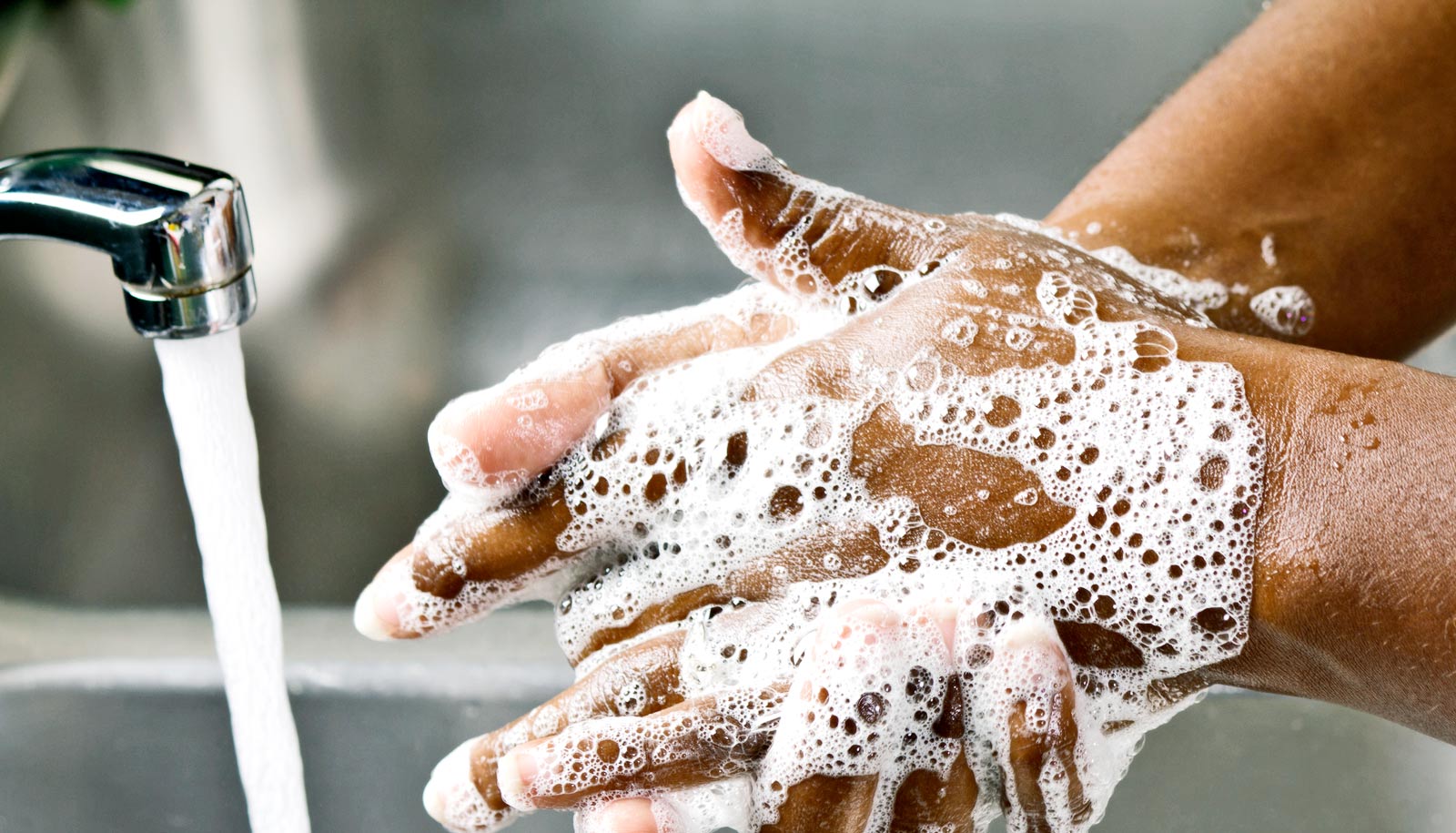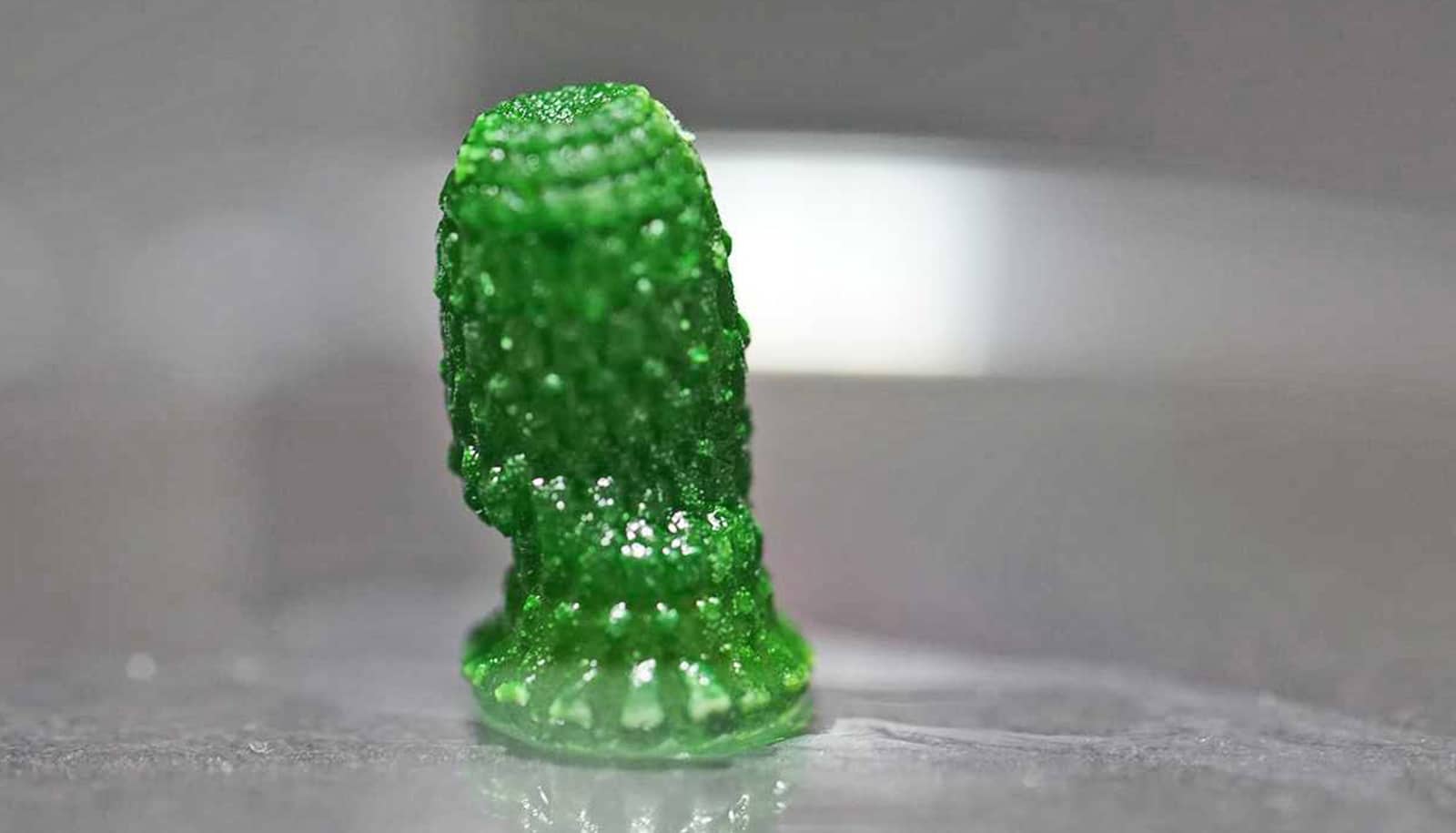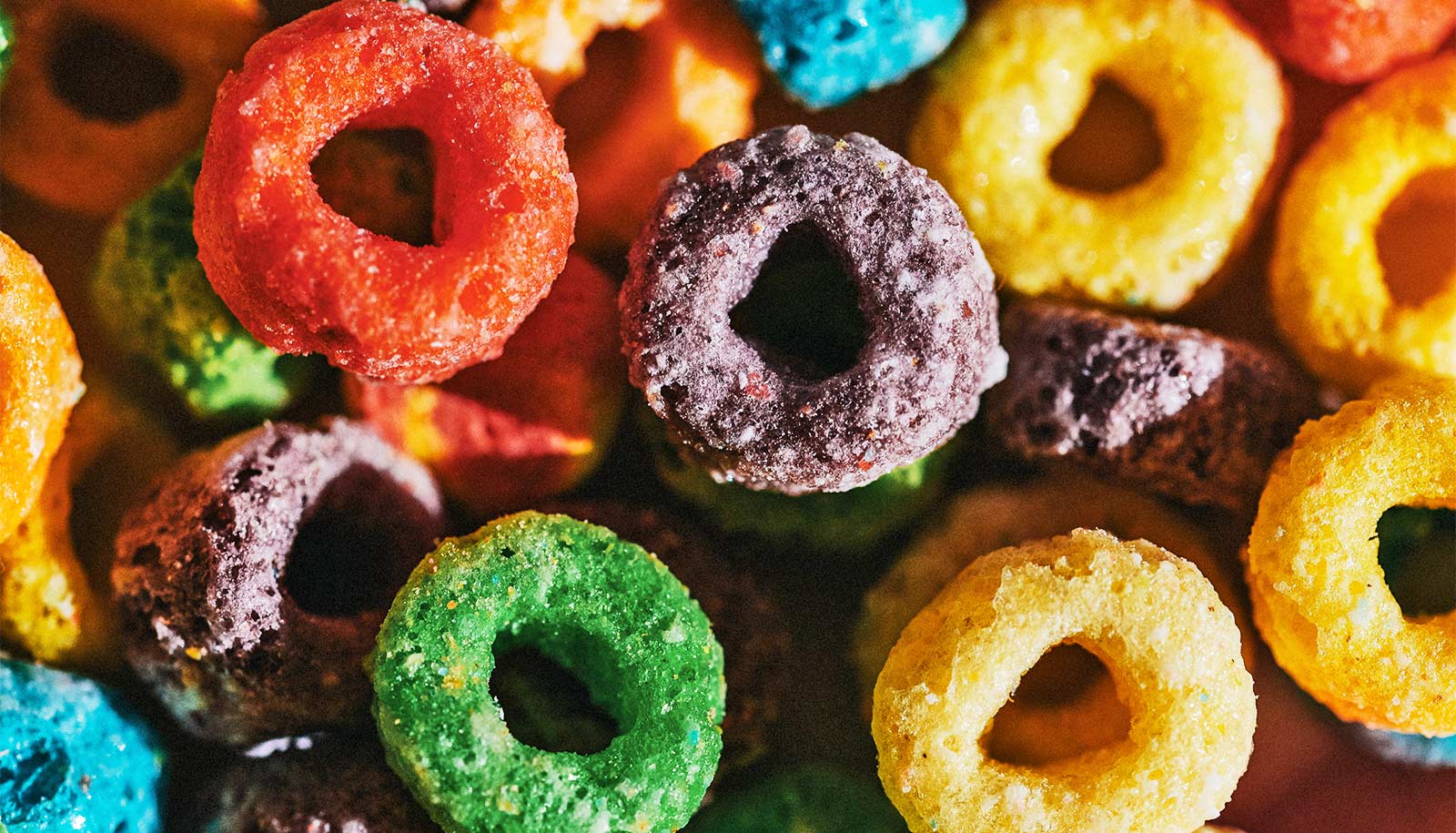Water temperature doesn’t make any difference when it comes to removing harmful bacteria from your hands, a new study suggests.
“People need to feel comfortable when they are washing their hands but as far as effectiveness, this study shows us that the temperature of the water used didn’t matter,” says Donald Schaffner, professor and extension specialist in food science at Rutgers University-New Brunswick.
For the study in the Journal of Food Protection, high levels of a harmless bacteria were put on the hands of 21 participants multiple times over a six-month period before they were asked to wash their hands in 60-degree, 79-degree, or 100-degree water temperatures using 0.5 ml, 1 ml, or 2 ml volumes of soap.
“This study may have significant implications towards water energy, since using cold water saves more energy than warm or hot water,” Schaffner says. “Also we learned even washing for 10 seconds significantly removed bacteria from the hands.”
While the study indicates that there is no difference between the amount of soap used, more work needs to be done to understand exactly how much and what type of soap is needed to remove harmful microbes from hands, says coauthor Jim Arbogast, vice president of Hygiene Sciences and Public Health Advancements for GOJO.
1 in 10 skips hand washing in public bathrooms
“This is important because the biggest public health need is to increase hand washing or hand sanitizing by food service workers and the public before eating, preparing food, and after using the restroom.”
These findings are significant, particularly to the restaurant and food industry, because the US Food and Drug Administration issues guidelines, every four years. Guidelines currently recommend that plumbing systems at food establishments and restaurants deliver water at 100 degrees Fahrenheit for handwashing.
The issue of water temperature has been under debate for a number of years without enough science to back-up any recommendation to change the policy guidelines or provide proof that water temperature makes a difference in hand hygiene. Many states, in fact, interpret the FDA guidelines as a requirement that water temperature for handwashing must be 100 degrees.
The FDA is scheduled to hold a conference in 2018 to discuss the existing code and any modifications that should be made and Schaffner would like to see the water temperature policy revised at that time.
“I think this study indicates that there should be a policy change,” Schaffner says. “Instead of having a temperature requirement, the policy should only say that comfortable or warm water needs to be delivered. We are wasting energy to heat water to a level that is not necessary.”
Source: Rutgers University



